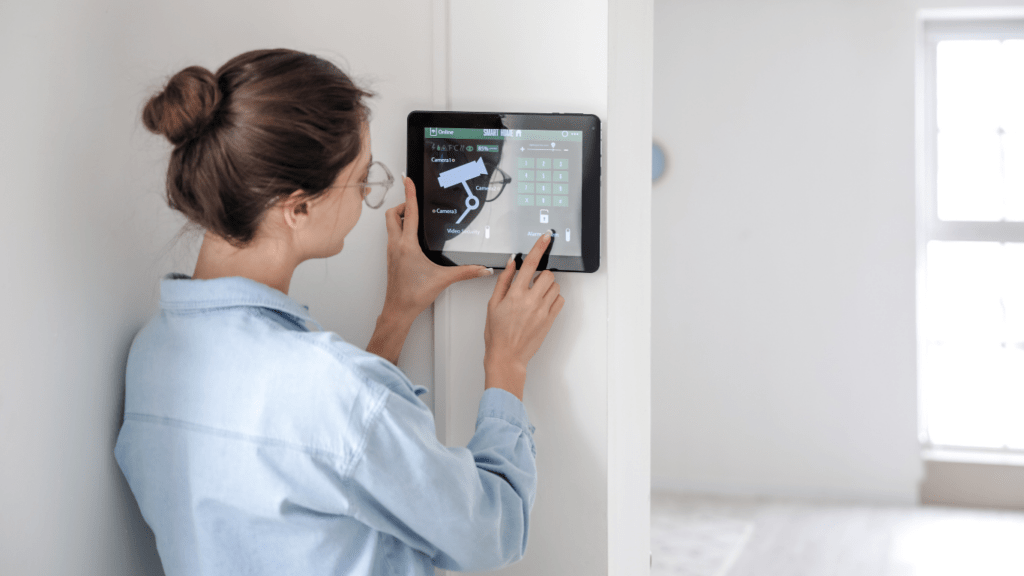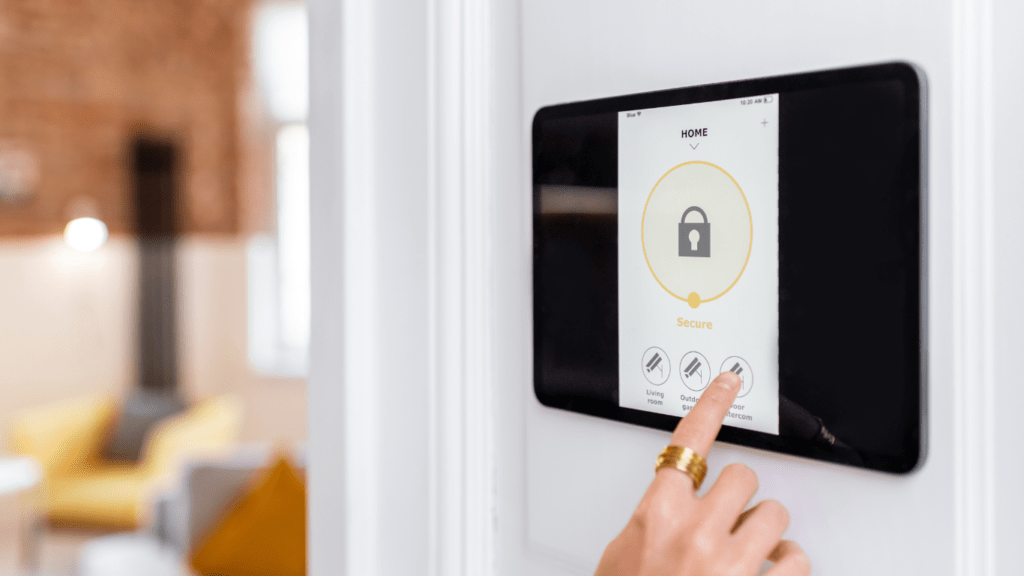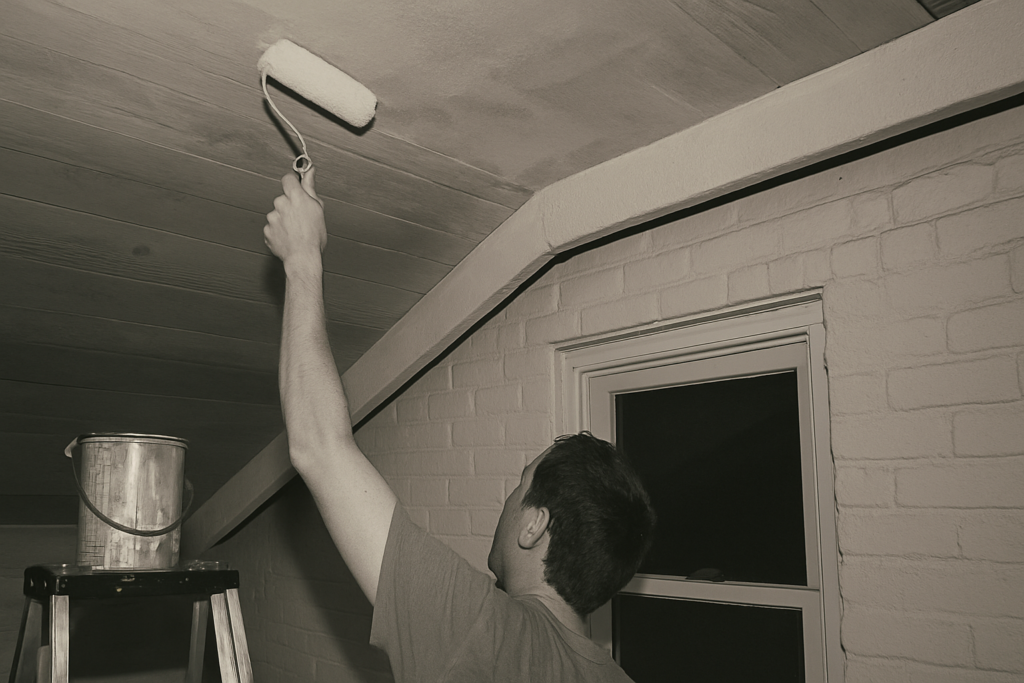Understanding Smart Home Technology
Smart home technology refers to devices and systems that automate household operations using internet connectivity and advanced features. It enhances efficiency, security, and convenience by integrating modern technology into daily living.
Key Features of Smart Home Technology
- Automation Capabilities: Enables control of various home systems, such as lighting, temperature, and appliances, from a single platform or app. Examples include automated blinds and programmable thermostats.
- Energy Efficiency: Reduces utility costs by optimizing power usage, like with smart thermostats that adapt based on occupancy or preferences.
- Enhanced Security: Strengthens home protection through features like smart locks, video doorbells, and motion-activated cameras that can be accessed remotely.
- Voice and App Control: Makes operating devices intuitive with voice assistants and smartphone applications integrating tasks seamlessly.
- Interconnectivity: Links multiple devices into an ecosystem where systems like lighting, alarms, and entertainment can synchronize operations.
- Smart Thermostats: Devices like the Nest Thermostat optimize heating and cooling for cost savings and comfort.
- Video Doorbells: Products such as Ring allow real-time monitoring of visitors and package deliveries.
- Smart Locks: Brands like August offer keyless entry with remote access for secure convenience.
- Voice-Activated Assistants: Devices like Amazon Echo and Google Nest serve as hubs for controlling connected systems.
- Smart Plugs and Light Bulbs: Accessories like Philips Hue enable remote operation and ambiance adjustments.
The Connection Between Smart Homes And Property Value
Smart home technology directly influences property value by meeting modern buyers’ expectations and enhancing home functionality. These advancements often translate to higher resale prices and competitive market positioning.
Why Buyers Are Attracted to Smart Homes
Buyers are drawn to smart homes because they offer convenience, savings, and security. Devices like smart thermostats and lighting reduce energy consumption, lowering utility bills. For example, smart thermostats can save up to 15% annually on heating and cooling costs. Enhanced security features, including video doorbells and smart locks, create a safer environment that appeals to families and individuals alike. Connected ecosystems, where systems like lighting, climate control, and entertainment work together seamlessly, increase comfort and simplify daily life.
Buyers also see smart homes as future-ready properties. With the rapid adoption of technology, homes equipped with upgrades like voice-activated controls and app-based management hold greater long-term value. This foresight attracts tech-savvy buyers looking for modern living solutions.
The Role of Technology in Enhancing Home Appeal
Technology upgrades significantly boost home appeal by aligning with current lifestyle demands. Smart security systems reassure buyers who prioritize personal and property safety. Moreover, energy-efficient innovations like solar-powered smart devices are eco-conscious features that resonate with environmentally-aware buyers.
Smart integrations such as multi-room audio systems or intelligent lighting that adjusts based on user habits create a luxury experience, increasing desirability. Homes equipped with pre-set automation systems reduce upfront costs for buyers who’d otherwise need to install them, giving these properties an edge in competitive markets. These features not only add practicality but also contribute to a polished, modern aesthetic, which is increasingly sought after.
Key Smart Home Technologies That Increase Value

Smart home technologies enhance functionality and appeal, making properties more attractive to buyers. Devices like advanced security systems, automated lighting, and energy-efficient solutions contribute significantly to increased property value.
Smart Security Systems
Smart security systems provide peace of mind and enhanced protection. Devices like smart locks, video doorbells, and surveillance cameras connect to mobile apps, allowing real-time monitoring and control. Features such as facial recognition and two-way audio enhance security further. Systems from brands like Ring and SimpliSafe not only deter potential intruders but also appeal to buyers prioritizing safety.
Energy-Efficient Solutions
Energy-efficient technologies lower utility costs and increase eco-friendliness. Smart thermostats like Nest and Ecobee, which optimize temperature settings based on user behaviors, can reduce energy bills by up to 15%. Solar-powered devices and energy-monitoring plugs further enhance efficiency. Buyers seeking sustainable living view these upgrades as long-term savings.
Automated Lighting and Climate Control
Automated lighting and climate control improve convenience and customization. Smart lighting systems, such as Philips Hue, allow users to adjust brightness and color remotely. Climate control systems automate HVAC settings, ensuring comfort while saving energy. Integration with voice assistants like Alexa simplifies operation, making these features highly appealing to tech-savvy buyers.
Integrated Home Entertainment Systems
Integrated entertainment systems offer luxury and convenience. Multi-room audio systems, such as Sonos, and smart TVs create seamless entertainment experiences. Centralized control hubs sync devices, enabling user-friendly management. Buyers value properties with adaptable entertainment technologies that enhance modern living.
Costs Vs. Benefits of Smart Home Upgrades
Smart home upgrades can significantly impact both upfront expenses and long-term benefits. While these investments may seem costly, they provide substantial returns by increasing efficiency, security, and property value.
Return on Investment of Smart Technology
Smart technology often delivers a high return on investment (ROI). For example, installing a smart thermostat, which costs between $130 and $300, can reduce energy bills by up to 15%. This energy efficiency appeals to eco-conscious buyers, adding resale value. Smart security systems, costing $200 to $800, enhance safety and attract modern buyers, increasing desirability.
Properties with comprehensive smart systems, such as integrated lighting and entertainment, frequently sell for 2% to 5% more than similar homes without these features. Investing in high-impact items like smart locks, video doorbells, and automated climate control systems often exceeds the value of their initial costs when selling.
Factors Influencing Property Value Boost
Several factors determine the impact of smart technology on property value. Location plays a critical role, as high-demand areas with tech-savvy buyers may yield better results. The type of smart upgrades also matters; essential features like security systems and energy-efficient solutions provide greater appeal than niche products.
Integration of devices is another key factor. Buyers find interconnected ecosystems, such as a smart home hub controlling lights, locks, and cameras, more valuable than standalone devices. Finally, brand reputation influences perceived value; well-known products like Ring, Nest, or Amazon Echo typically enhance trust and attract higher offers.




